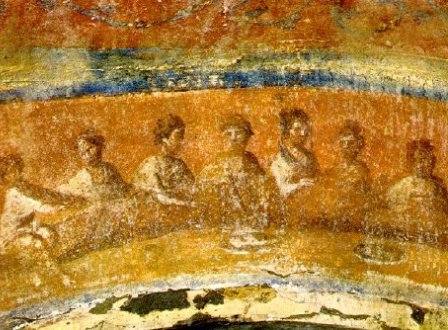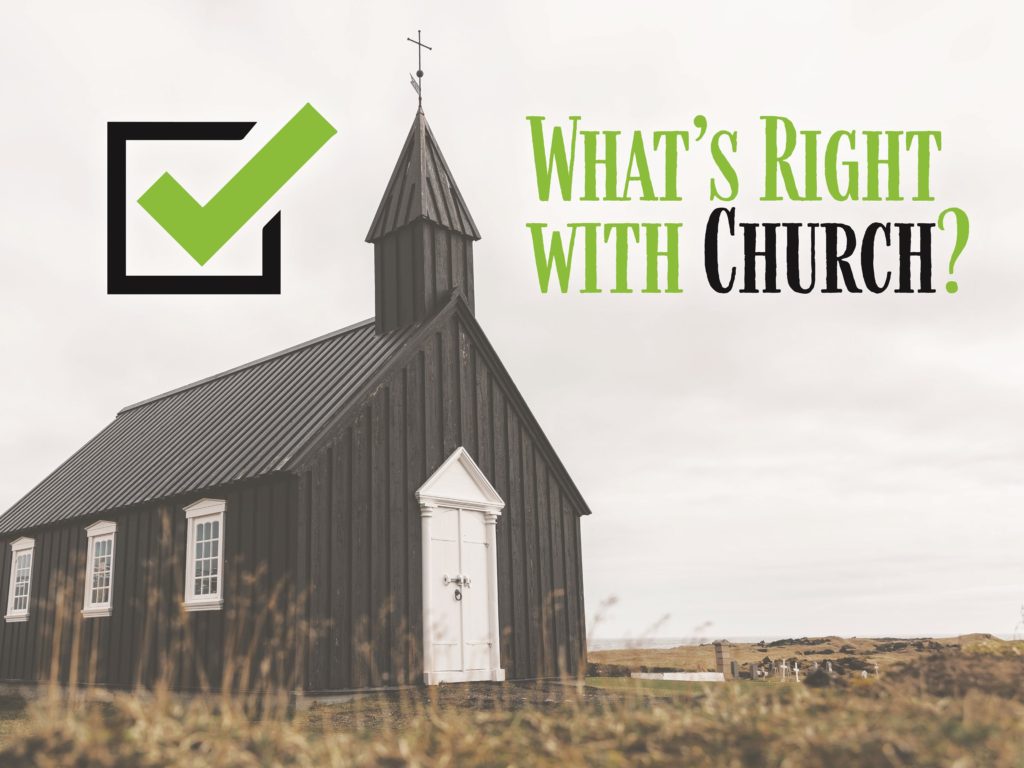“In Christ, we who are many form one body, and each member belongs to all the others.” ~Romans 12:5
Plenty of studies have been conducted over the years that prove the importance of strong relationships. You’ll be in better health, you’ll be happier, and you’ll live longer if you have close friends. Even if you have poor health habits, the effects are mitigated by having a group of good friends. According to all the research, it’s healthier to eat donuts together than to eat broccoli by yourself!
That’s a theology I can embrace!
When God gathers us together in Christ, we belong to each other. All of us. Almost all the commands in the Bible are “one another” commands: love one another, build one another up, encourage one another, pray for one another, be devoted to one another, honor one another, live in harmony with one another, accept one another, instruct one another, greet one another, agree with one another. serve one another, be patient with one another, be kind and compassionate to one another, submit to one another, forgive one another. These commands can only be obeyed in community. We can only follow these instructions if we’re together, if we live and worship and serve together, and if we really belong to each other.
I think you can get to heaven without good close Christian friends. Probably. But you’re not going to be changed by God to become all he intends for you to be without other disciples of Christ pushing you, challenging you, lifting you up, helping you, and worshiping and serving with you.
That’s church. At least, that’s the intent of church. We know that’s how and why it started. From the very first day, the church is built on and functions through intimate Christian relationships.
“They devoted themselves to the apostles’ teaching and to the fellowship, to the breaking of bread and to prayer… All the believers were together and had everything in common. Selling their possessions and goods, they gave to anyone as he had need. Every day they continued to meet together in the temple courts. They broke bread in their homes and ate together with glad and sincere hearts.” ~Acts 2:42-46
All these people from all different walks of life gathered by God to live together in community with Christ. Every day. In each other’s homes. Loving each other, serving each other, ministering to each other, taking care of each other, eating together, singing and praying together. They devoted themselves to the communion, it says, the koinonia, this sharing of life together in Christ.
As a whole, generally speaking, we don’t do this very well anymore. Over the centuries, the church, the community, has moved from smaller intimate groups who share life together in Christ to larger more impersonal groups who share a weekly meeting. We’ve moved from encouraging one another and building each other up to, “Hey, you got a problem? Go talk to the preacher.” “You’re dealing with some issue? Call the elders.”
We’ve moved away from the priesthood of all believers where everybody meets the needs of the ones in their community to specialized programs.
“Dan’s in the hospital? I don’t do that. That’s not my ministry.”
“Trudy’s lawnmower broke? That’s not my program. But somebody at the church does stuff like that.”
“We haven’t seen John in three months? The church should have a visitation team.”
“George and Jane’s teenage son is in trouble? Don’t we have a youth minister?”
Over the decades and centuries, we’ve lost community in church. We’ve turned the church’s weekly community thanksgiving meal together into the most individual and solitary, leave-me-alone time imaginable. We’ve gone from doing life together in Christ around the kitchen table to a solemn ceremony in an auditorium. Don’t distract me!
We’re trying to shift some of that here at the Golf Course Road Church in Midland. We’re starting twelve new small groups as a step toward formational Christian community. These groups are going to eat together and study the Bible. But they’re also going to practice spiritual disciplines together and serve on mission together in our city.
We’re also doing more interactive things when we’re together in the worship center on Sunday mornings. We’re doing more participatory things, more getting up and moving around, more eye contact, more talking to each other. We’re attempting to shift the Lord’s Meal to be more about communion, more about fellowship and sharing, and less about individual meditation.
There are plenty of things our churches can program and plan to cultivate an environment for tighter Christian community. But maybe you could start by grabbing a dozen donuts in the morning with some future friends.
Peace,
Allan






Recent Comments